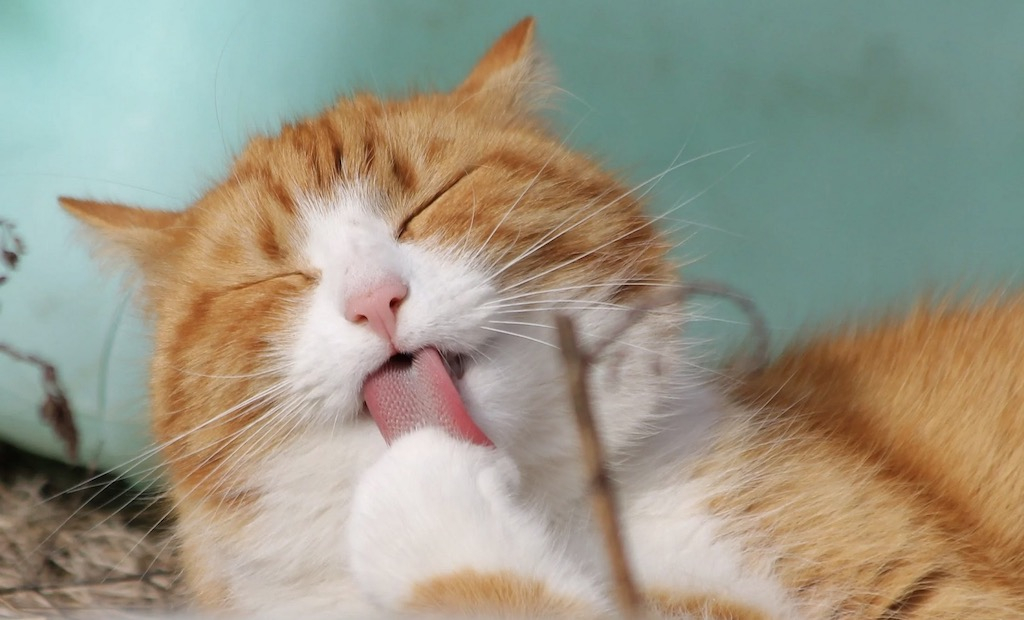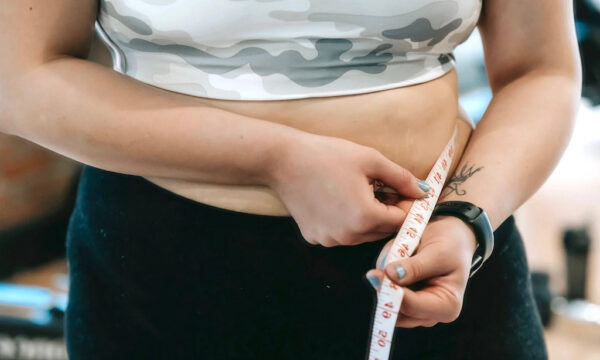Port Washington doctor talks about COVID-19 pet safety measures

A tiger at the Bronx Zoo tested positive for COVID-19, raising concerns among the population that pets might be able to contract and transmit the disease.
“Nadia, a four-year-old female Malayan tiger at the Bronx Zoo, has tested positive for COVID-19,” said the official press release. “She, her sister Azul, two Amur tigers and three African lions had developed a dry cough and all are expected to recover.”
Recently, Dr Mark Verdino of the North Shore Animal League America spoke about the public’s concerns, listing measures that should be taken by owners looking to keep themselves and their pets safe.
The North Shore Animal League America has its headquarters in Port Washington, which is where the organisation’s vice president and chief of veterinary staff Dr Mark Verdino currently works. He spoke about the public’s concern for their pet’s safety the day after the Bronx Zoo tiger tested positive.
Dr Verdino said that while there are precautions owners and the general population have to take, we should not be surprised by this news.
“What I don’t want people to do is start panicking when they hear reports like this because they are so infrequent,” Dr Verdino said.
Owners who feel sick or fear they might have the virus should avoid direct contact with their pets to prevent transmission. This includes all pets like dogs, guinea pigs and cats.
“Our cats were infected by a person caring for them who was asymptomatically infected with the virus or before that person developed symptoms,” the Bronx Zoo press release stated. “Appropriate preventive measures are now in place for all staff who are caring for them, and the other cats in our four WCS zoos, to prevent further exposure of any other of our zoo cats.”
Before Nadia tested positive, there had been a few cases of domestic animals testing positive for COVID-19. Including two dogs in Hong Kong – a Pomeranian and a German shepherd – and a cat in Belgium.
The American Veterinary Medical Association spoke about the issue, stating that while it appears that dogs and cats are not readily infected with this new virus, being cautious is the best approach as too little is still known about how the virus evolves in other animals. The Bronx Zoo tiger is expected to recover, but experts are watching her closely for signs of complications. While it is known that pets can get the virus from us, it is currently unknown whether they can transmit it back to humans.
“It is very possible that the virus can get on your pet, in your pet’s nasal passages and then act as a transmitter,” Dr Verdino said.
The current recommendation is that if you start displaying symptoms, you should treat your pets the same way you treat other people. Keep a safe distance, wear masks around them and avoid direct contact. If possible, you should arrange for other people to look after your pet while you deal with the disease. And in order to prevent getting the virus from pets, avoid holding them close to your face and wash your hands after you pet them. You should avoid petting stranger’s pets entirely until the details of how COVID-19 is transmitted by animals become clearer.
The pandemic is also having very adverse effects on the economy. If you don’t have an income insurance policy, this might be a good time to learn more about it.
The editorial unit

























Facebook
Twitter
Instagram
YouTube
RSS